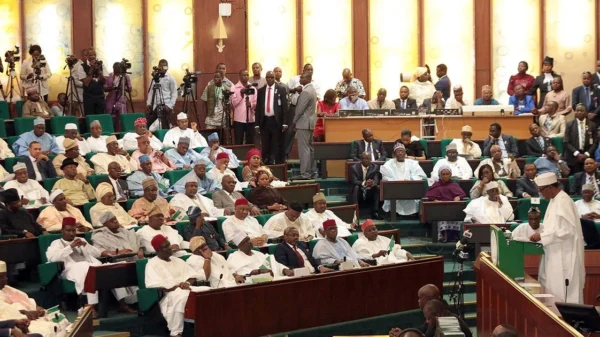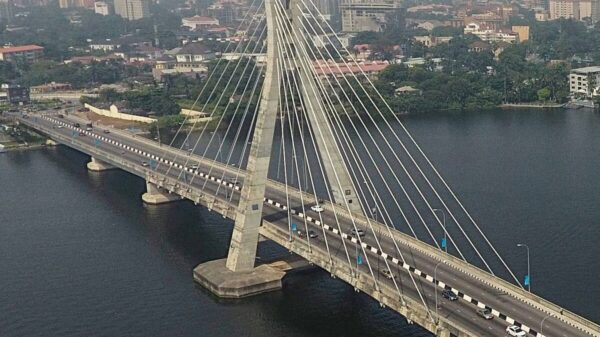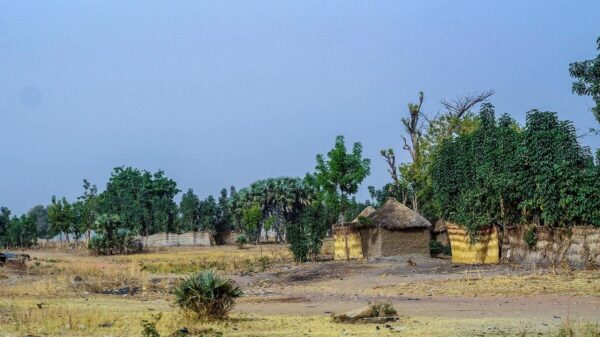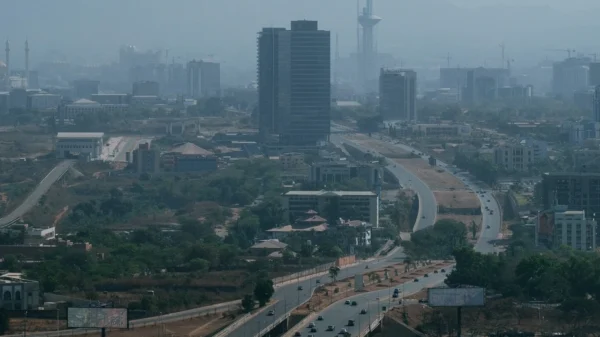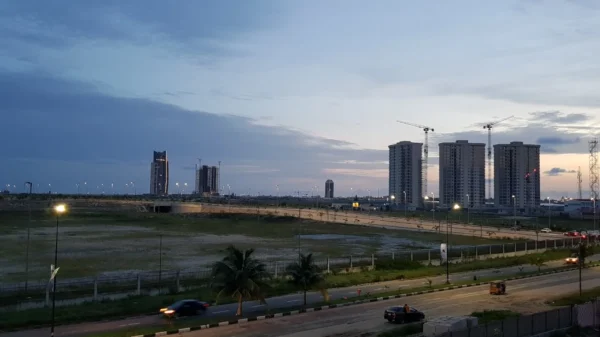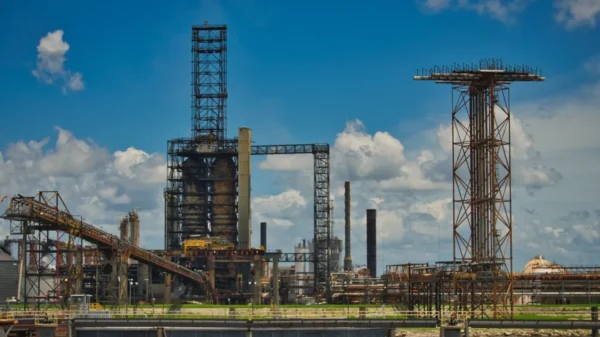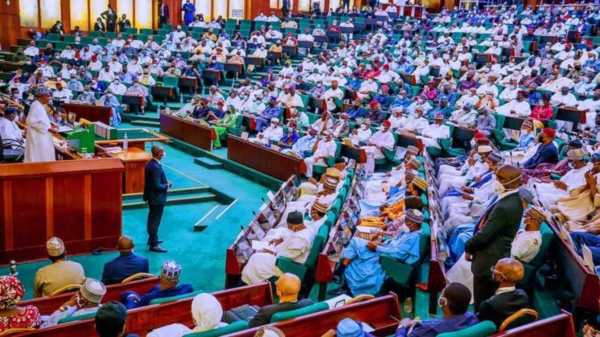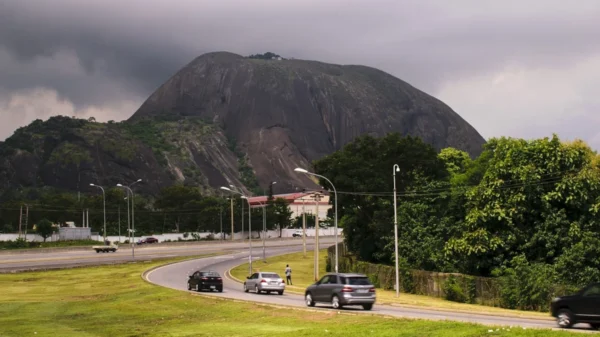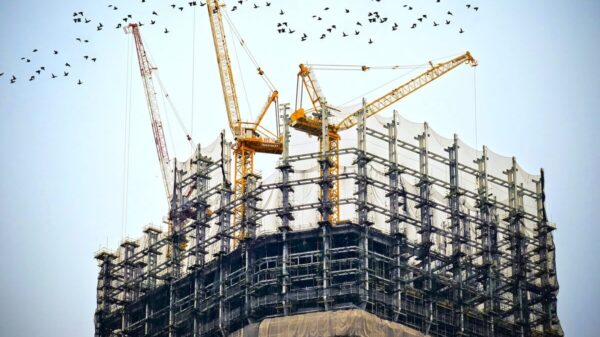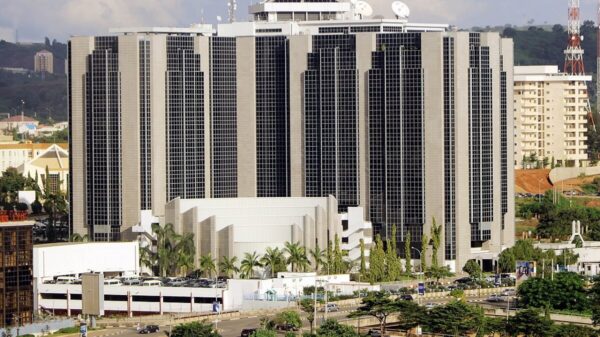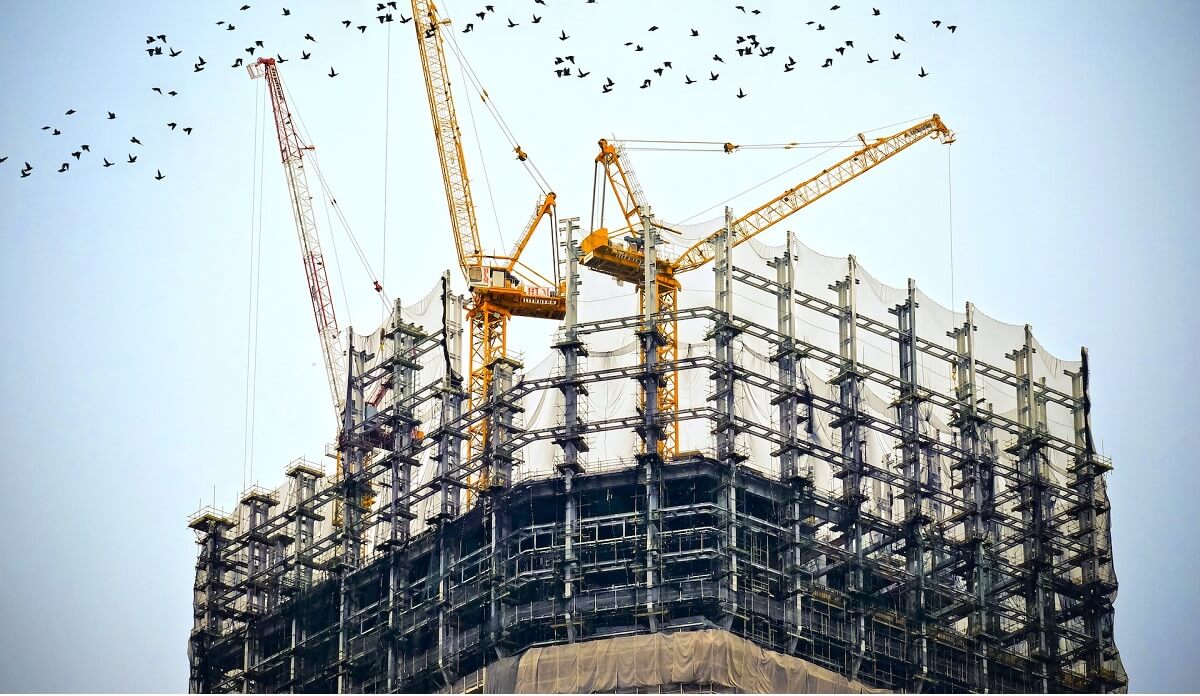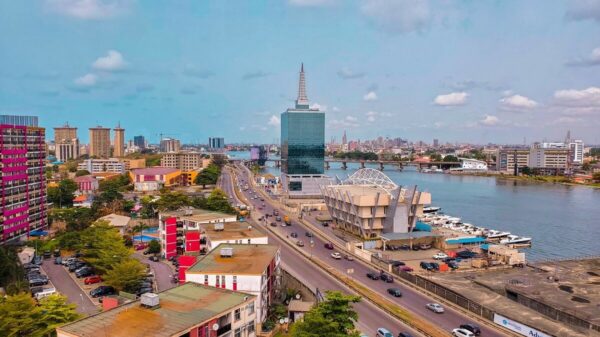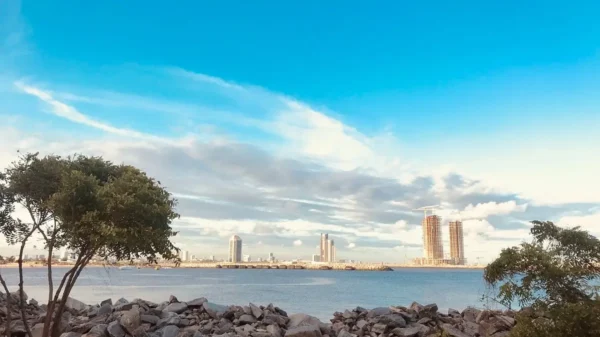Major Takeaways
- Projects in Nigeria would be more affordable if there were efficient energy systems and an availability of expert skill and knowledge.
- Three immediate steps that can be taken to improve project financing are mapping the country, welcoming private investors, and improving the skill of the labour force.
- Debt can be a good thing if it is channeled to high grade projects that center around production, job creation and infrastructure development.
Dive Deeper: Watch our video to get the full scoop!
There is no shortage of money in the world. The sole deficit is knowledge; we can afford any project that we can build by ourselves.
That is an idea difficult to appreciate given an obsession with money we are all likely to share. But money itself has no value; it is akin to a ticket to the World Cup finals. The event, not the ticket, has value. And that value rises hand-in-glove with what we can afford. As in the first paragraph, scratching your nose is free, but getting someone not related to you to do the same is likely to be expensive. In other words, you can afford anything you can do by yourself.
The problem with project financing in Nigeria is the hard limits to the projects that we can execute. We lack visionaries, administrators and engineers who can deliver those projects associated with modernity. Construction is expensive because cement is expensive because energy is expensive. The reason is because we are paying others to do things that we cannot. If we had developed the skills to create our energy systems, that would make energy cheaper and reduce costs all across its linked value chains.
The way forward
None of what I have written above should be a cause for despair. Few things cannot be mastered with diligence and practice. Recall, the problem is not a shortage of money.
The first step to unleashing a construction boom in our country is understanding what Nigeria is. The map deficit in the country is a disgrace. We should be everywhere confronted by geographic descriptions of our country, even down to the humblest village. Soil quality, mineral deposits, population density, water bodies, transport infrastructure and floodplains are some data that should be accessible to all.
Amateur enthusiasts, entrepreneurs and even the government can take up the challenge. Have you ever experienced the change of perspective Google Maps provides and wanted to know more? I have. I found nothing—The Prophet Hosea lamented his people perishing for a lack of knowledge. Swap knowledge for maps, and that is Nigeria to a tee.
The point of maps is to create a better sense of where value exists. Investors can bet their capital to build mines, roads or housing if they can see where demand exists. Transparent information also diminishes investment risk. Consequently, a second step in the path to correcting our infrastructural deficit has to be stimulating increased private sector support.
Encouraging private sector participation means understanding that the money invested is theirs. Investors must be free to profit from infrastructure provision and liquidate their investment either by taking their profits home or through sales in secondary markets. We offer them land, labour and the opportunity to profit from their investment. In exchange, they improve management and train our labour force.
The increased investor presence in providing infrastructure will allow the government to focus on the sort of expensive, long-term infrastructure necessary to improve our ability to compete against other economies. I would propose that projects should be graded and linked to specific taxes. That would allow governments to raise immediate funding by promising investors steady returns from tax inflows.
Debt can be a good thing
Concerning all of the above, we have to accept that debt is a good thing. Our focus should be on reducing the rates at which we borrow and linking defined project grades to certain lenders. For example, only the highest graded projects should merit seeking funding at the Eurobond market. The practice of borrowing to pay salaries or subsidise consumption should end. Instead, subsidies must support production and job creation.
Improving our project financing involves mapping the country, accepting private investors and striving to improve our skills. Regarding the latter, research institutes and companies are the greatest tools for skills acquisition and advancement yet invented. To borrow from Chairman Mao: Nigeria should let a hundred flowers bloom; a thousand schools of thought contend. We must build ourselves out of our present state. That is an undeniable fact. Why not fling the bidding for all projects open to the world. Those firms that win contracts will have to hire Nigerians and share their skills. Furthermore, our universities can cooperate with those firms and their workers to develop relevant curricula for the next generation.
We can only achieve enlightenment by leaving the cave. Then we can create those things we dream about at little cost compared to our present state.
Little steps complete every journey.
Emmanuel-Francis is a Nigerian nationalist. He is for clean streets, safe nights and full bellies. Please, indulge his verbosity; and join his campaign to abolish the African Union.


